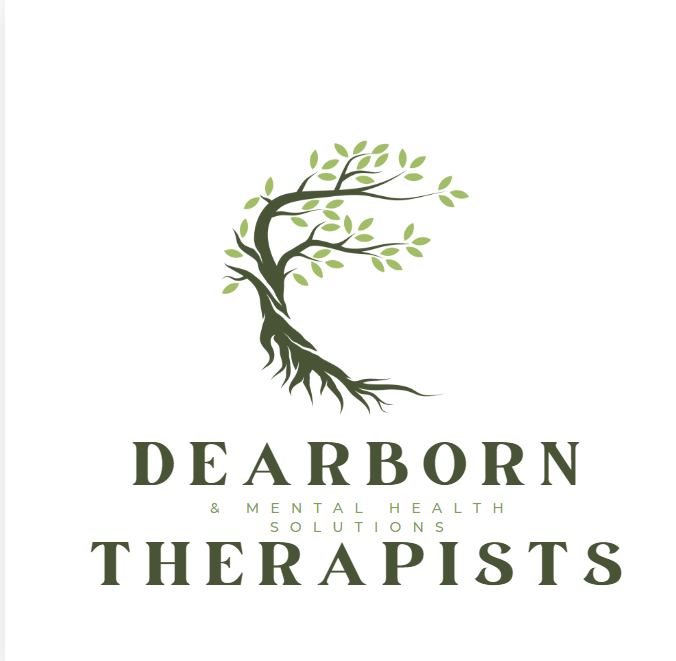PTSD Symptoms, Effective Therapy Options, and Proven Treatment Approaches
Understanding PTSD: Symptoms and Treatment Options

Understanding PTSD: Symptoms and Treatment Options
Post-Traumatic Stress Disorder (PTSD) is a mental health condition that can develop after experiencing or witnessing a traumatic event. While it is often associated with military combat, PTSD can affect anyone who has gone through a deeply distressing experience, such as a car accident, physical assault, natural disaster, or any event that poses a threat to one’s life or safety.
PTSD can significantly impact a person’s daily life, but the good news is that effective treatments are available. This post will explore what PTSD is, its common symptoms, and the different therapy options available, including Eye Movement Desensitization and Reprocessing (EMDR) therapy. We will also touch on the role of medication in managing PTSD.
What is PTSD?
PTSD occurs when the brain struggles to process and cope with a traumatic event, leading to persistent feelings of fear, anxiety, or distress. Normally, the brain processes trauma and allows individuals to gradually recover. However, for those with PTSD, the trauma remains unresolved, triggering long-term mental and emotional difficulties.
PTSD can develop shortly after the traumatic event, or it can surface months or even years later. It affects people of all ages and backgrounds, and the severity of symptoms can vary from person to person.
Common Symptoms of PTSD
People with PTSD may experience a wide range of symptoms, which are generally grouped into four categories:
- Intrusive Memories:
- Recurrent, distressing memories of the traumatic event.
- Flashbacks, where the individual feels as if they are reliving the trauma.
- Nightmares related to the event.
- Intense emotional or physical reactions when reminded of the trauma.
- Avoidance:
- Avoiding places, people, or activities that trigger memories of the traumatic event.
- Refusing to talk about or think about the trauma.
- Negative Changes in Thinking and Mood:
- Feeling detached from friends and family.
- Negative thoughts about oneself or the world.
- Difficulty experiencing positive emotions or feelings of hopelessness.
- Memory problems related to the traumatic event.
- Changes in Physical and Emotional Reactions (Hyperarousal):
- Being easily startled or feeling on edge.
- Difficulty sleeping or concentrating.
- Irritability or angry outbursts.
- Engaging in reckless or self-destructive behaviors.
If these symptoms persist for more than a month and interfere with daily life, a diagnosis of PTSD may be made by a mental health professional.
Therapy Treatments for PTSD
There are several effective therapies available to help individuals manage and recover from PTSD. These therapies focus on reducing the emotional and physical impact of the trauma, allowing individuals to regain control of their lives.
Cognitive Behavioral Therapy (CBT)
Cognitive Behavioral Therapy (CBT) is one of the most widely used and effective treatments for PTSD. CBT helps individuals identify and challenge negative thought patterns and beliefs related to the trauma. This process allows them to reframe their experiences and develop healthier ways of thinking and coping. CBT can also include exposure therapy, where individuals are gradually exposed to traumatic memories in a safe environment, helping them to desensitize their reactions over time.
Eye Movement Desensitization and Reprocessing (EMDR)
EMDR is a specialized, evidence-based therapy specifically designed to help individuals process traumatic memories. During an EMDR session, the therapist guides the individual through recalling distressing memories while engaging in side-to-side eye movements or other forms of bilateral stimulation. This process helps the brain reprocess the traumatic memory, reducing its emotional impact and making it easier to move forward.
EMDR has been shown to be particularly effective for those with PTSD related to single-event trauma, such as car accidents or assaults. It is considered one of the most successful treatments for trauma survivors seeking relief from flashbacks, nightmares, and other PTSD symptoms.
Dialectical Behavior Therapy (DBT)
Dialectical Behavior Therapy (DBT) is another therapeutic approach that can be beneficial for individuals with PTSD. DBT focuses on teaching mindfulness skills to help individuals regulate their emotions and tolerate distress. By learning to stay present in the moment, those with PTSD can better manage the intense emotions and reactions triggered by traumatic memories.
DBT also emphasizes the development of interpersonal skills and techniques to improve relationships, which can be particularly useful for individuals who struggle with connecting to others due to trauma.
Trauma-Focused Therapy
Trauma-focused therapies are specifically designed to address the unique needs of trauma survivors. These therapies integrate techniques from various approaches, such as CBT and EMDR, to directly target the trauma’s impact on an individual’s emotional and psychological well-being. Trauma-focused therapy helps individuals process and release the emotional burden of the trauma, allowing them to work through their pain in a structured and supportive environment.
Medication for PTSD
While therapy is often the foundation of PTSD treatment, medications can also play an important role in managing symptoms. Medication may be prescribed to help alleviate symptoms such as anxiety, depression, or sleep disturbances, which are commonly associated with PTSD.
It is essential to remember that medication alone is rarely a complete solution for PTSD. When combined with therapy, however, it can be a powerful tool in helping individuals manage their symptoms and improve their overall quality of life. A mental health professional will work with each individual to determine the most appropriate treatment plan, which may include a combination of therapy and medication.
Conclusion
PTSD can have a profound impact on an individual’s life, but with the right treatment and support, recovery is possible. Whether through therapies like CBT, EMDR, or DBT, or with the help of medication, there are numerous effective options for managing PTSD symptoms and reclaiming a sense of normalcy.
At Dearborn Therapists and Mental Health Solutions we offer comprehensive treatment plans tailored to each individual's unique experiences and needs. Our board-certified therapists and clinicians are experienced in helping individuals overcome the challenges of PTSD. If you or a loved one are struggling with the effects of trauma, contact us today to learn more about our PTSD treatment options and take the first step toward healing.
